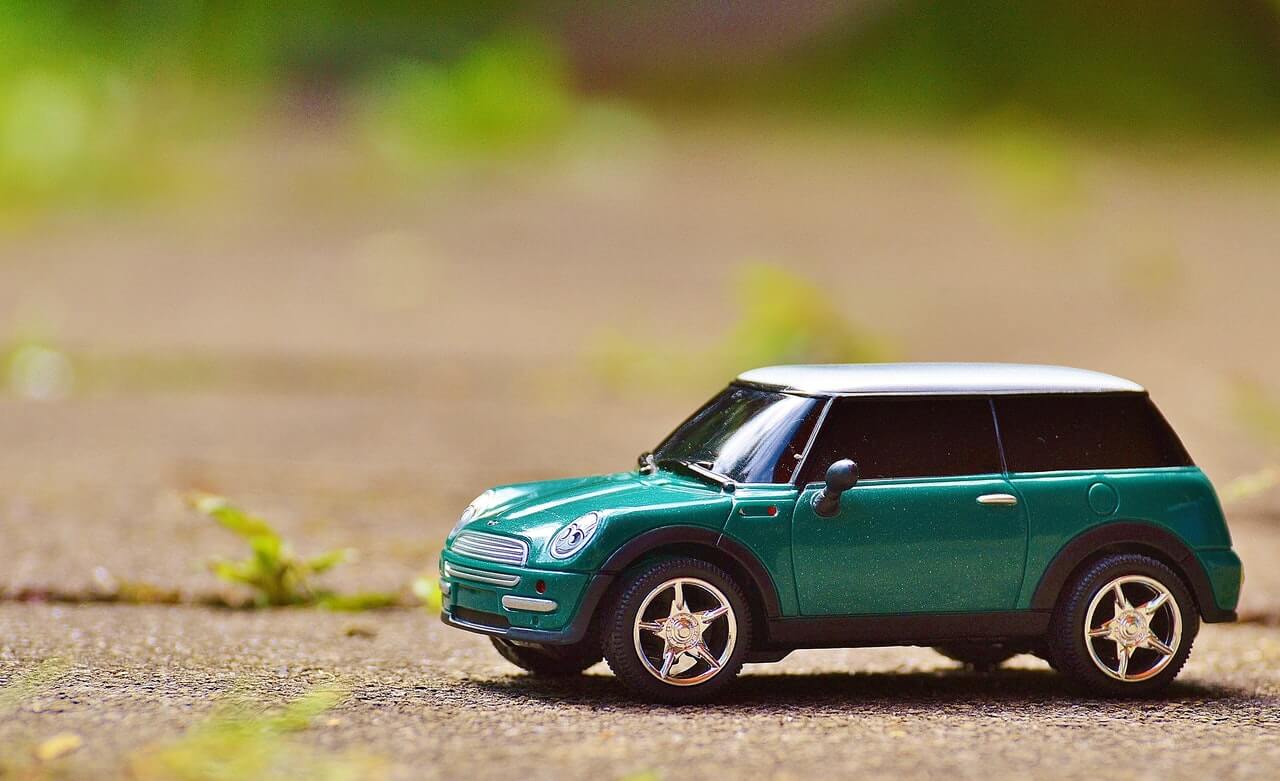Buying a car can be an expensive, emotive and incredibly fun thing to do. Before buying a car there are a number of factors that you should take into account to save you money before the purchase and after you’ve bought the car.
If you have the opportunity to plan out your car purchase then it should put you in a great position down the line. Understanding the full range of costs that go along with car ownership will help you make the right decision.
Key Points
- Buying a car is one of the biggest purchases you will make in your adult life
- The purchase of a car does not need to be unaffordable
- There are many ways you can save money on a car both before the purchase and during the maintenance stage
How To Save Money When Purchasing The Car
Before you buy a car there are a number of steps you can take to save yourself money on the purchase price of the car, and then subsequent upkeep and maintenance moving forward.
Do your homework
Even though you can do lots of research online for a car you can also go visit multiple dealerships and see what kind of deals are available. By going to a dealership you’ll get to see what kind of price range you can expect and make a note of this.
Research your car
Even before you go to the dealership you should do some online research to find out what kind of car you want and want specifications you’re interested in. By doing research online you can also find out what kind of price ranges exist so you know what to expect. The Kelly Blue Book price is good to find out the value of each price and model for a car. You can also look at the consumer report for a car.
Check the fuel efficiency of the car
When you’re looking at optional extras make sure to understand what impact it will have on the fuel efficiency of the car. If you buy a car with air conditioning this can make fuel economy worse on the highway.
It can even reduce fuel efficiency in stop and go traffic. It’s also important to keep in mind the difference between an automatic and manual transmission when it comes to efficiency. In some cases manual transmissions can be 5 miles per gallon more efficient than automatics.
Do you have to have a new car?
An easy way to save money on a car purchase is to buy a used car. A new car loses plenty of value as soon as it’s driven off the lot and you might be able to find what you’re looking for if it’s a couple of years old. By buying used you can also have the opportunity to get higher specifications at a lower price.
Negotiate hard for the price of the car
Don’t be embarrassed to negotiate on your new car. Especially if you’re buying a used car you can have leverage to ask for a reduction in price if there are any imperfections or flaws on the car. In lots of situations a dealer will lower the price of a car by hundreds of dollars if they believe that they can get the sale right there and then. This doesn’t apply just for dealerships but also works for private individuals too.
Take the full cost of car ownership into account
In order to save money on a car purchase over the long term you need to make sure that you’re taking into account the entire cost of owning a car. The cost of a car only starts when you buy it and has lots of ongoing costs including maintenance, gas, tax and general upkeep.
You also need to take into account if you’re using a loan to buy a car. When taking out a loan you need to keep an eye on the interest payments, late fees and penalties if you don’t pay it back in full every month.
Pay for your car in cash
Whilst most people need to borrow money to buy a car, you can consider paying in cash. This means it’s a lump sum and you know how much it’s going to cost you now and in the future. This isn’t an option for anyone but if you can afford to or even buy a slightly cheaper car then this is a great option.
Stay patient
If you think that you’re going to buy a car the very same day then it’s likely that you’ll pay over the odds for the car. If you can remain patient and keep your search going for a period of time then you’ll have the highest likelihood of saving money when buying your car. The last thing you want is to make an impulsive purchase and end up with a car that you don’t want and is too expensive.
Compare options for finance
If you decide that buying a car in cash isn’t right for you then make sure to research the different finance options available before committing. Just like you can negotiate with a dealer you can also negotiate to get a better rate on your loan. Remember that over the long term even a small increase in the interest rate will mean paying lots more over a period of time.
Always read the fine print
This is a good idea no matter what type of loan agreement you’re signing. Make sure you understand what penalties exist if you miss a payment or alternatively if you decide to pay the car finance off early. Sometimes there are penalties for paying a loan early and so make sure that you know what these are if you do decide to pay the car finance early.
Save money on your car by researching different options and comparing prices.
How To Save Money Once You Own Your Car
You found the car of your dreams and now what do you do? You know what the ongoing cost of the car is because you add up the monthly payment plus the insurance plus the gas that you’ll be using to give you your total monthly fixed cost. If you followed the advice above and bought a decent car that you’ll keep for a period of years then you’ll also need to spend money on maintenance. You can still save money once you own your car by following the tips below.
Keep an eye on maintenance
It’s best practice to change the oil filter and oil every 3,000 miles. This is regardless of what the manufacturer recommends and will keep your car in good shape. If you change your oil more frequently it can be the single most important factor in extending the life of your car and the engine. It’s been shown to more than pay for itself in the savings that you’ll make on engine wear and repairs.
Change filters
You should check the air filter in your engine monthly. If you have a dirty filter this could shorten the life of the engine and can also reduce the efficiency of your car by 10%. You can easily remove the filter from the engine and clean it using an air hose or even replace it if it gets too dirty.
Have the right tires
Always have the right tires for the right conditions and make sure to maintain them properly. Inflating your tires properly and making sure that your wheels are aligned can improve fuel efficiency over the long term by up to 1 MPG.
Use gas that is right for the car
It’s not necessary to use higher octane gas than the owner manual suggests. In most cases premium gasoline doesn’t offer any benefit. The only reason you might use it is if your car has a high performance engine and the manufacturer suggests that it would help. Premium gas can cost up to 30% more than regular gas.
Inflate your tires
Check your tire pressure religiously. If your tires aren’t inflated properly you can lose efficiency.
Tune your car regularly
By keeping an eye on your car and tuning it regularly you can increase your fuel efficiency. The cost of a tune-up is cheaper than regular maintenance.
Share rides with a friend
If you live near a friend that you also work with then consider carpooling to work. You and your friend could save up to $20 a month in gasoline if your round trip is as little as 20 miles. You don’t only save money on gas but also on maintenance because you’re not using your car everyday.
Be frugal with your gas.
If you drive in an erratic and inefficient manner you can sometimes up to double your fuel consumption. To make sure that you’re saving money on gas you can do a couple of simple things. Accelerate gently and break gently. To do these you need to be aware of traffic around you and make sure that you’re not needlessly increasing speed that you then need to decrease.
Don’t let your car idle
When your car is driving it heats up faster than it does while idling. Don’t leave your car to idle in the driveway when getting ready as it’s bad for your car and wastes fuel.
Drive responsibly
Tickets for parking or driving poorly can be incredibly expensive. You can also save money on your insurance as insurance companies like to work with drivers who don’t get tickets.
A car purchase can be expensive but you can watch and maintain and lower your costs by following some of our top tips above.



